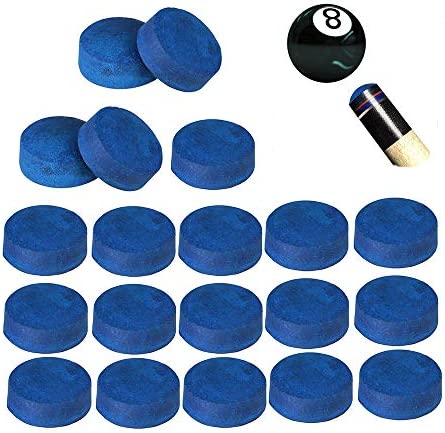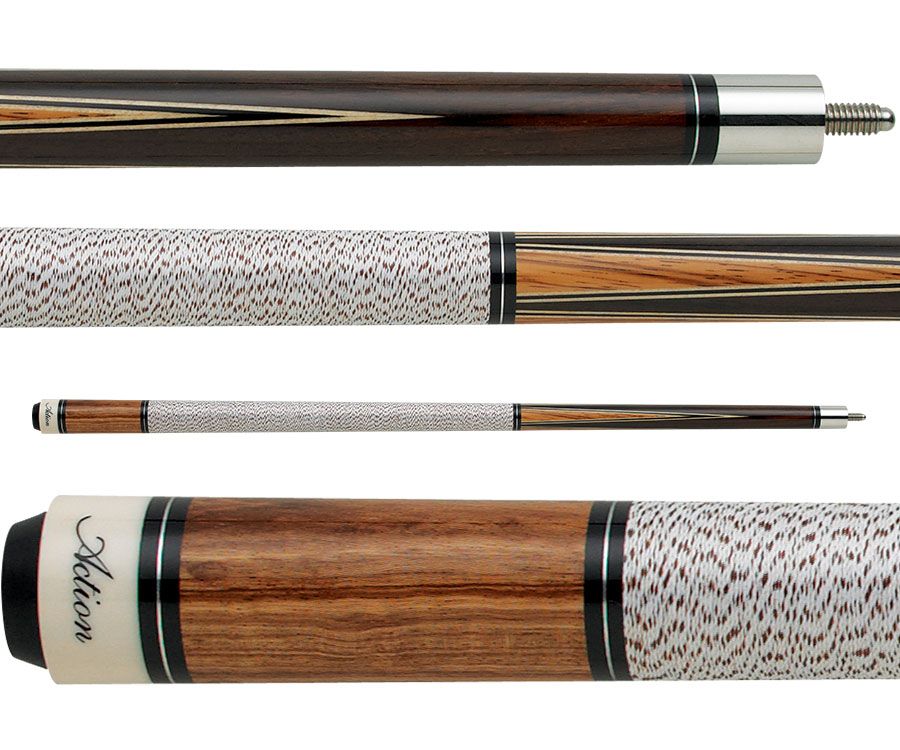
There are many types of pool cues. These vary in size and weight, so it's important to choose a cue that's right for your skill level and play style. It is easy to feel overwhelmed but it's possible find the right cue for you. Here are some examples of pool cues.
When purchasing a new pool cue, length is the most important thing. This is because a shorter length will help you clear overhead and elevate the cue during the stroke. However, a longer length allows you to manage the cue better and control the stroke. A cue that is suitable for your arm length will also be important. If you are a tall child, for example, you will need a 48" or 52 inch pool cue. You can also choose a longer cue, such as a 61 inch cue, if you are an adult.
It is also important to consider what tip you use. Some pool cues have a leather tip while others have a multi-layered one. A layered tip can be more consistent and lasts longer. There are also options for nylon, suede, and linen. It's crucial to ensure that your tips are smooth and not greasy. They will wear out quickly, so it's best to invest in a tip that lasts.

Next is the ferrule. The ferrule is a protective area under the tip of the stick that protects the cue. For heavy balls, pool cues that have nylon ferrules perform better. They aren't as prone vibrating which can reduce your accuracy.
A look at the joint in your cue is also important. Most pool cues feature joints at half or three-quarters down the shaft. It is easier to store cues with joints closer to the centre. Choosing a cue that has a central joint will also make it easier to store the cue.
If you're looking to buy a high-quality pool cue, the shaft will be of great value. Pool cues with top-of-the-line shafts typically cost between $300 and $500. Also, shafts made with brass or carbon fibre are very popular.
When it comes to materials, you'll find that some pool cues are made from hardwood. The most common wood used in American cues is maple. But, exotic woods are also available. Even if you select a cheaper option, ensure it is strong enough to withstand heavy cue balls.

Your pool cue wrap should be smooth and even. The wrap should be free of knots and raised areas. Some cues are sold without a wrap, but you may prefer a more custom design.
As you can see, there is a lot to think about when buying a cue for pool. A good pool chopper will help you reach your goals no matter how avid you are.